
Agricultural Experiment Station
The Agricultural Experiment Station (AES) at the University of California, Santa Cruz leads in transformative and interdisciplinary research, development of innovative and ethical agricultural technologies, experiential education, agricultural extension, and public outreach.
Our work in organic farming and agroecology, conservation of natural resources, and coastal ecosystems supports our goal of achieving a sustainable environment, equitable and just food systems and societies, empowered local communities, and the well-being of people in California and beyond.
People
Leadership

AES Dean, Dean of Social Sciences, Katharyne Mitchell
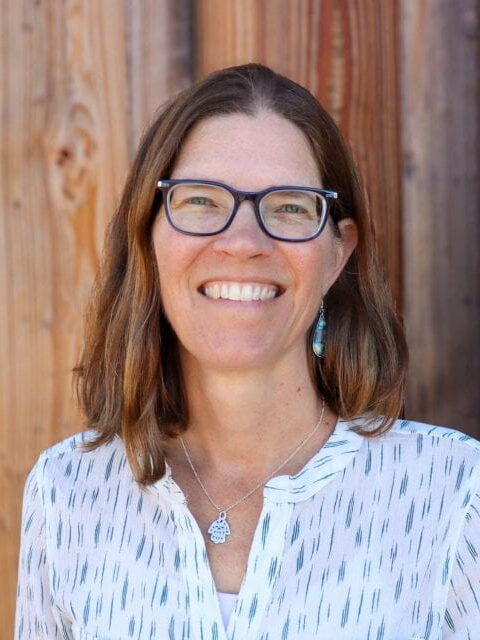
AES Executive Associate Dean, Stacy Philpott

AES Assistant Dean, Elisabeth Willoughby
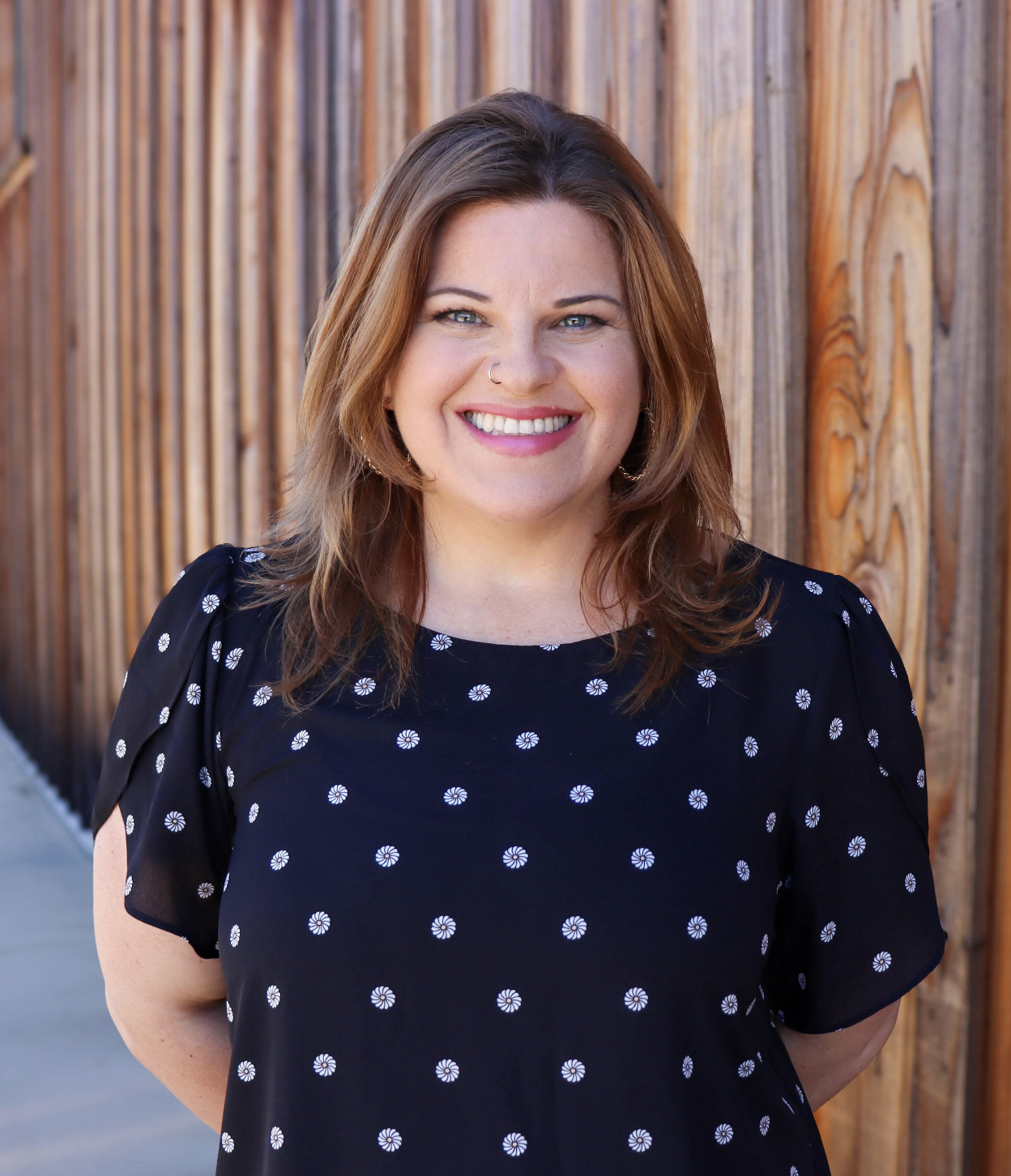
AES Administrative Assistant, Sara Jakl
Faculty
Each campus with AES designation is required to host faculty and researchers who are conducting research related to the AES mission. These tenure-track scholars can come from any academic division and department on campus. All projects can include graduate students from any division.
- Greg Gilbert, Environmental Studies, Fungi and Fire in Central Coast Forests
- Colleen Josephson, Electrical and Computer Engineering, Open-source hardware and software to democratize agricultural and ecological sensor networks
- Michael Loik, Environmental Studies, Measurement and control of resources in Controlled Environment Agriculture
- Matt Sparke, Politics, Farmworker community training innovations for climate resilience
- Hannah Waterhouse, Environmental Studies, Building Soil Health to Help Farmers and Communities Adapt to Climate and Regulatory Realities While Protecting Water Quality
- Madeleine Fairbairn, Environmental Studies, Fostering equitable land access for California farmers
- Pallab Sarker, Environmental Studies, Microalgal By-Products as Innovative Aquafeed Ingredients: Developing Fish-Free and Soy-Free Feed for Sustainable Aquaculture
UCSC-based UC Cooperative Extension Specialists
- Joji Muramoto, Organic Agriculture
- Crystele Leauthaud, Agroecology
Projects and collaborations
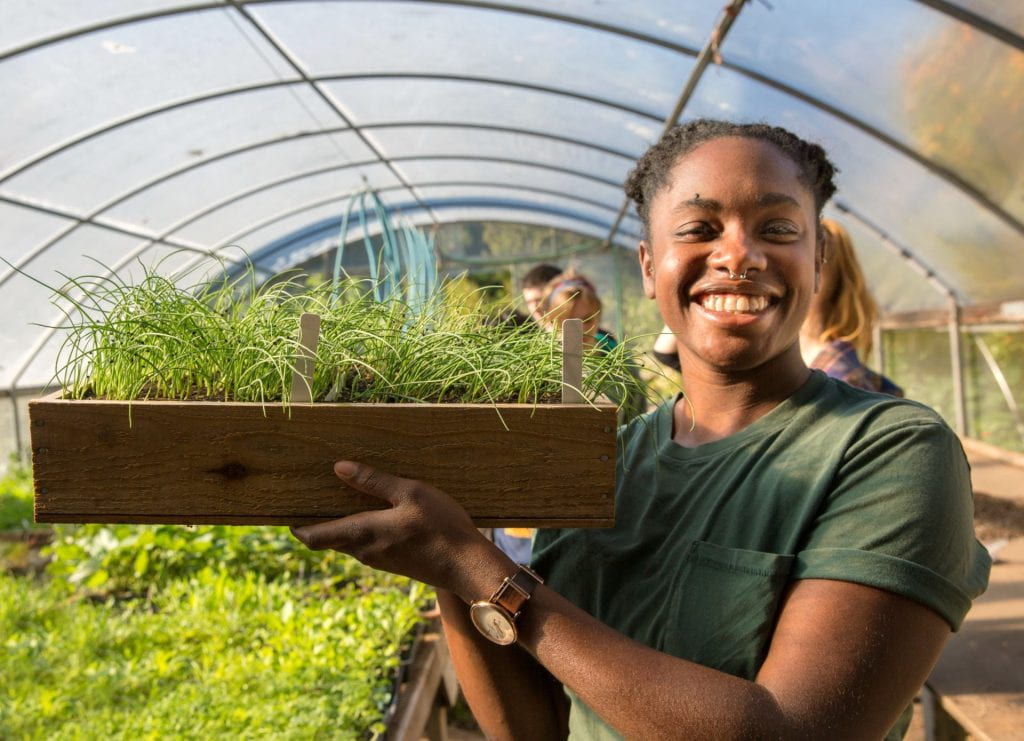
Center for Agroecology
The Center for Agroecology is a core pillar supporting the UC Santa Cruz AES mission. For over 50 years, the center has earned its reputation and recognition for being one of California’s premier sites for agriculture research, education, training, and outreach work. Our AES designation has allowed the campus to invest further in the maintenance of the UCSC Farm and Chadwick Garden, which are key assets in pursuing interdisciplinary teaching and research.
About a quarter of AES funding is allocated to administratively supporting the center through staffing, equipment, and faculty and graduate student grant programs. In the future, the center will host additional Cooperative Extension specialist positions.

Amah Mutsun Tribal Band & Amah Mutsun Relearning program
AES supports collaborative work towards Indigenous cultural revitalization, recuperation and relearning of dormant cultural knowledge, and environmental justice.
We collaborate with the Amah Mutsun Land Trust to support the Amah Mutsun Relearning Program, an AES-funded initiative at the UC Santa Cruz Arboretum & Botanic Garden that centers traditional ecological knowledge and stewardship of California’s native plants. Our work also includes supporting a planning process for future work and increased opportunities for student interns.

AgTech Alliance
This inter-division AgTech Alliance is building ethical solutions for tomorrow’s agricultural challenges by leveraging the latest technology shaping food systems. AES helps support sustainability research being carried out by engineers, researchers, students, activists, and farmers throughout the region.
The alliance partners with other units on campus, expanding the capacities of our campus to deliver useful innovations, build relationships with local growers, and connect them to relevant research projects in agriculture and food production. Both inaugural directors of the alliance are also AES agronomists.
Opportunities for faculty and researchers
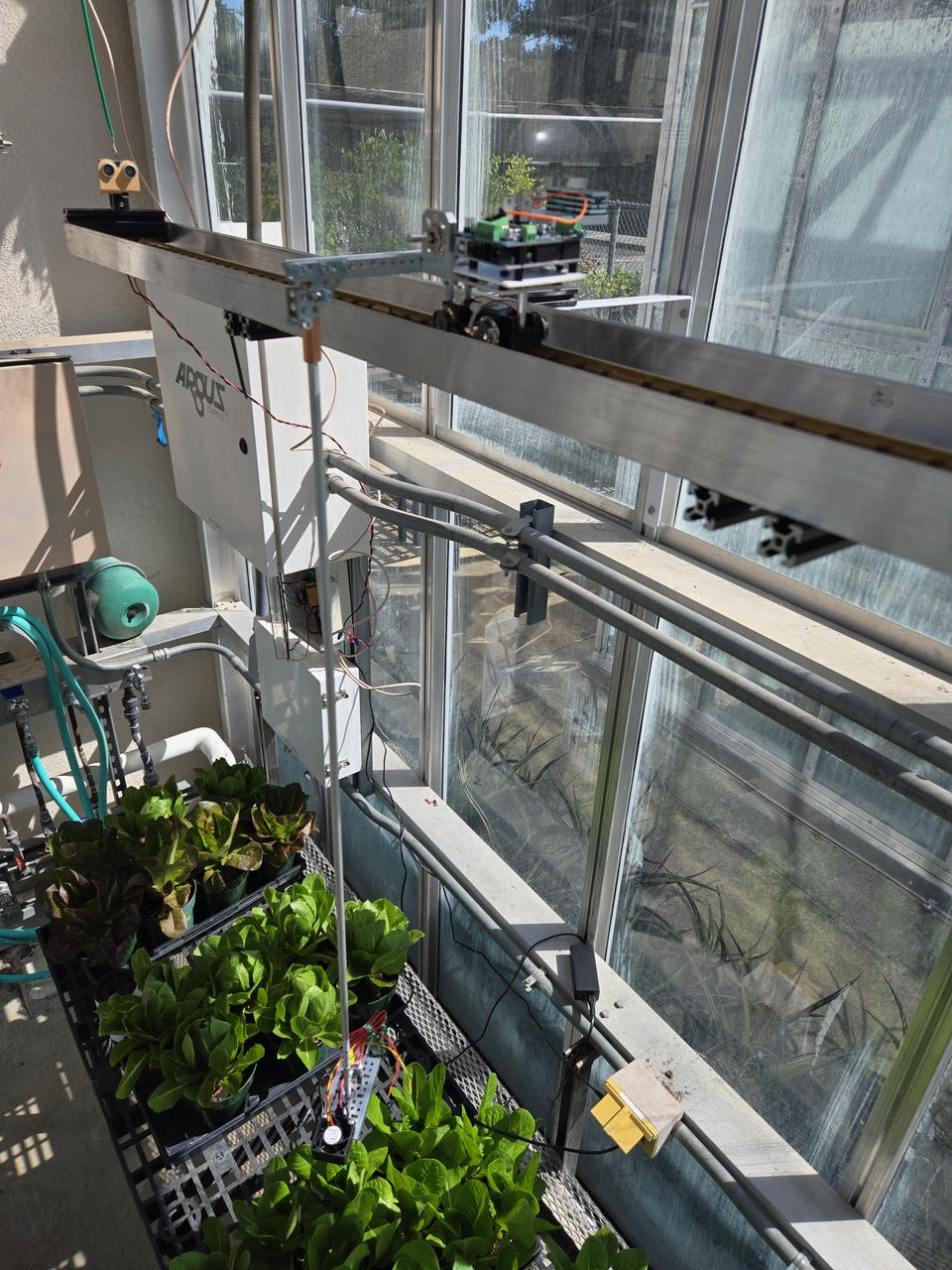
Faculty research grants
Each year, AES offers a competitive seed grant program for UC Santa Cruz faculty who are conducting collaborative research projects related to our AES mission. Grants are awarded to groups of ladder-rank faculty from any academic division within the university. Each team must include at least three people, with at least two people from each team being ladder-rank faculty. A third individual from each team may be a UC Cooperative Extension Specialist or Advisor or other paid professional researcher.
Awards are intended to support faculty research and scholarly activities, including summer Graduate Student Researcher (GSR) support; field or lab research expenses; travel (including associated childcare costs); event costs; materials and supplies; participant support; and manuscript fees. Faculty summer salary is not an allowed use of these funds, nor are course buyouts. Funds may not be used for buildings or other new infrastructure. Awards will be made for a period of one year. No extensions will be granted.
The 2025 deadline to apply is Friday, May 2, 2025, at 5 p.m. Awards will be announced by June 15. Use our form to submit a proposal.
Application and reporting requirements
Application requirements
- Applicant Names, Division, Department, titles
- Project Title (175 characters, including spaces)
- A PDF that contains the following information:
- Non-technical summary (8000 characters, including spaces) – In lay terms, briefly describe the following: (1) the issue and why it is important, (2) the project goal and objectives, (3) the target audiences and how they will benefit, and (4) how your activities lead to the proposed outcomes described in the goal statement or objectives.
- Methodology (8000 characters, including spaces) – Describe the ways in which the project will be conducted, with emphasis on the general methods and any unique aspects or significant departure from usual methods.
- Literature Cited (no character limit)
- A 3-page CV for each of the three applicants
- A detailed budget and justification
- Information about what grant program the team might apply to later with the pilot data / information generated from the seed grant.
Reporting requirements
By Feb 1, 2026, the team must send an interim report, including progress to date, funds expended, any results obtained, plans for submission of a full proposal to an outside agency. By August 1, 2026, the team must submit a full report (8000 characters, including spaces) of the project results, impact, any pending publications, graduate student work, and funding expended.
2024 faculty research projects
Explore the 2024 faculty collaborative research advancing sustainable agriculture and forestry through climate-resilient crop systems and innovative approaches to monitoring and controlling powdery mildew across diverse environments.
Graduate student research fellowships
Master’s and doctoral students from any academic division or department may apply for our competitive research fellowship program. Annual grants support research related to our AES mission.
Graduate students must be enrolled through the summer when they apply to be eligible. Funds from the fellowship can be used for incidental expenses such as room and board, travel, and expenses for equipment, research supplies, etc. Funds cannot be used to pay university fees or tuition, or to hire lab or field assistants.
The call for 2026 applications will go out in mid-December 2025. We anticipate a March 2026 deadline for all materials to be submitted. Reach out to Sara Jakl at [email protected] for more information.
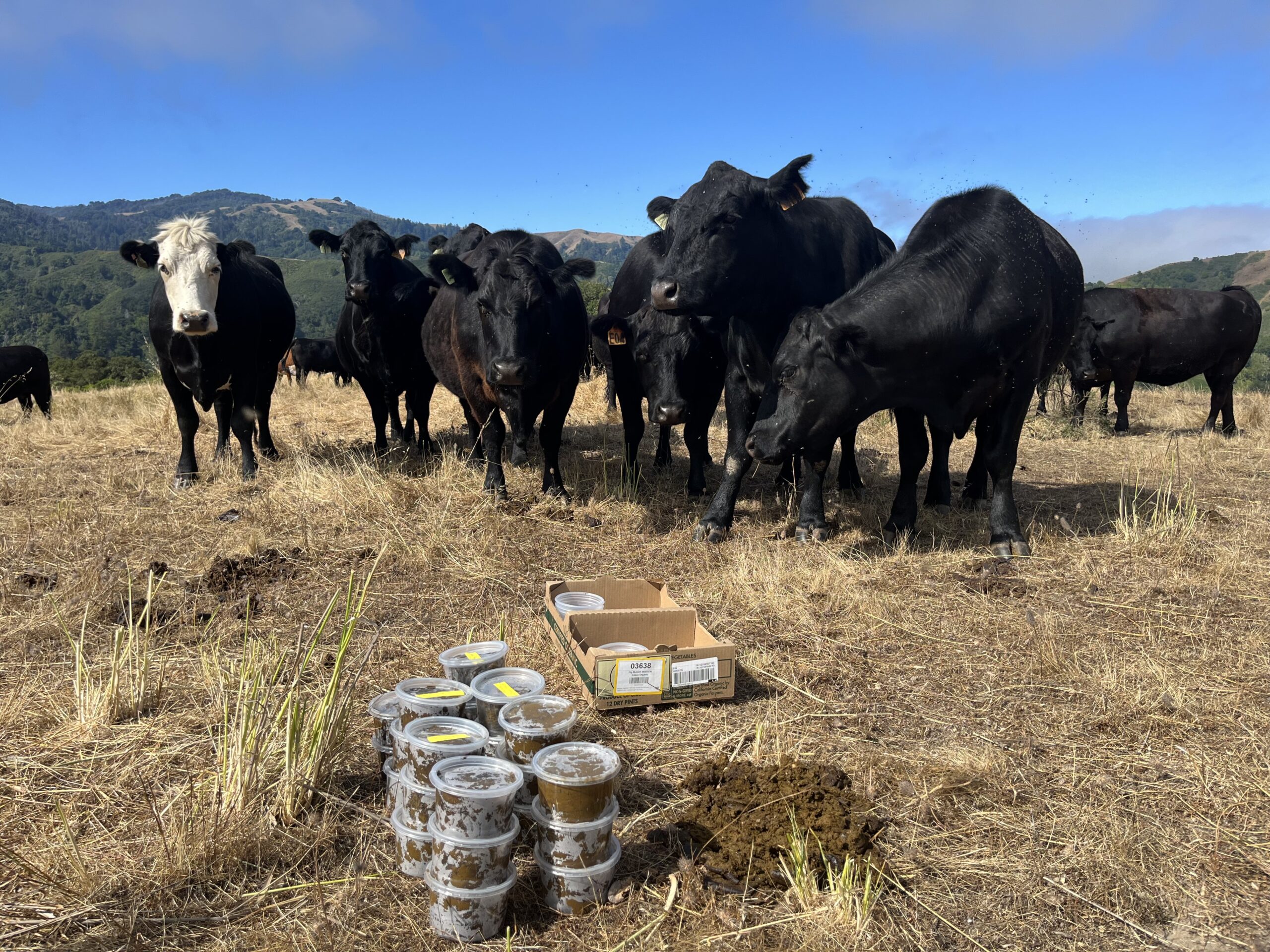
Application and reporting requirements
Application requirements
- Applicant Name, Division, Department
- Project Title (175 characters, including spaces)
- Non-technical summary (4000 characters, including spaces) – In lay terms, briefly describe the following: (1) the issue and why it is important, (2) your goal and objectives, and (3) how your activities lead to the proposed outcomes described in the goal statement or objectives.
- Methodology (4000 characters, including spaces) – Describe the ways in which the project will be conducted, with emphasis on the general methods and any unique aspects or significant departure from usual methods.
- A 2-page CV
- A detailed budget and 1-page justification
- A letter of recommendation from your major advisor
Reporting requirements
by Nov. 1 of the award year the student must send a brief (2000 character, including spaces) description of the work accomplished using the research grant funds, a description of the results obtained, and general information about how the funds were spent.
2025 graduate research projects
Congratulations to the following 19 graduate students who were awarded Agricultural Experiment Station (AES) Graduate Student Research Fellowships in 2025.
2024 graduate research projects
Congratulations to the following 20 graduate students who were awarded Agricultural Experiment Station (AES) Graduate Student Research Fellowships in 2024.